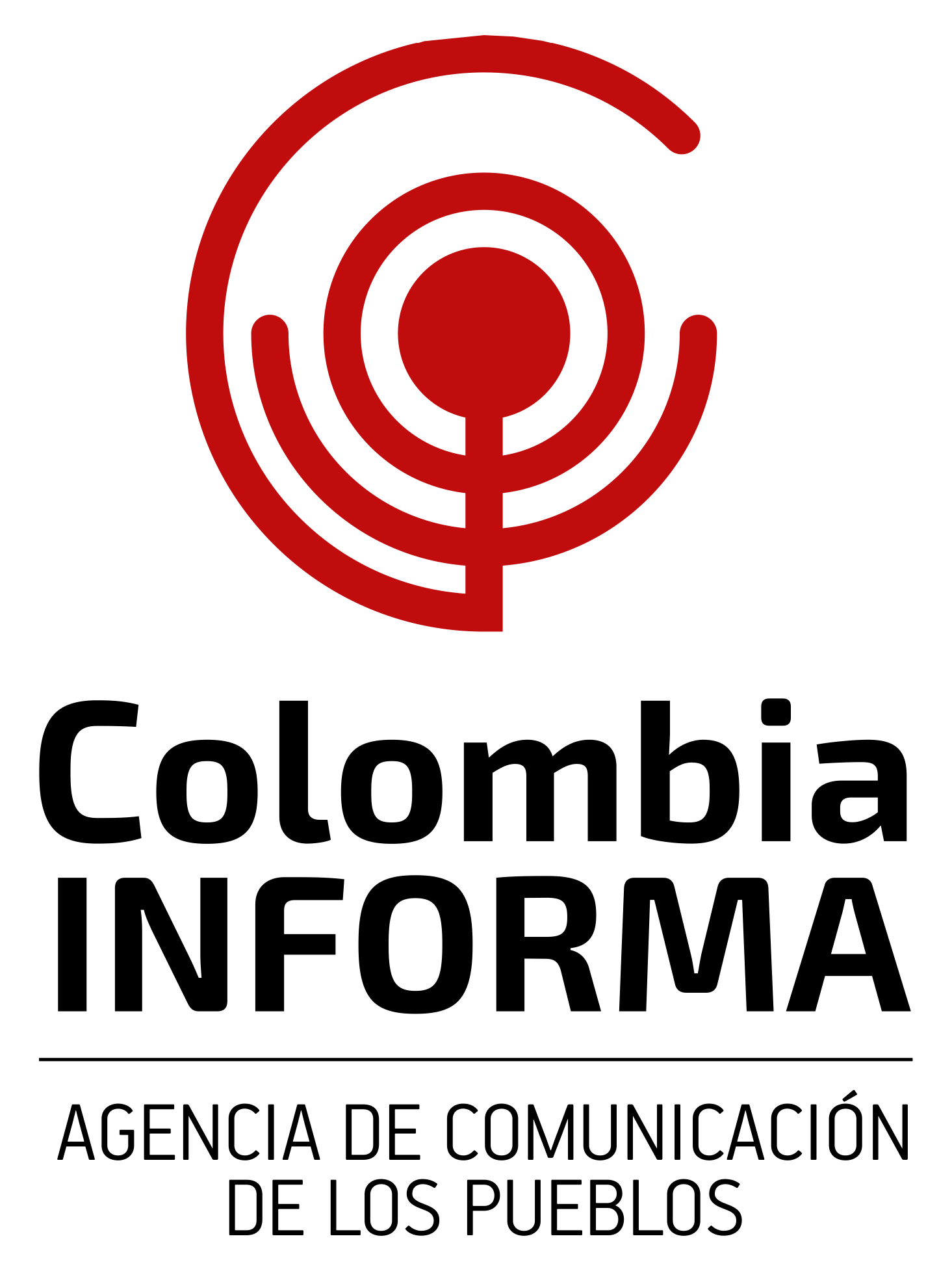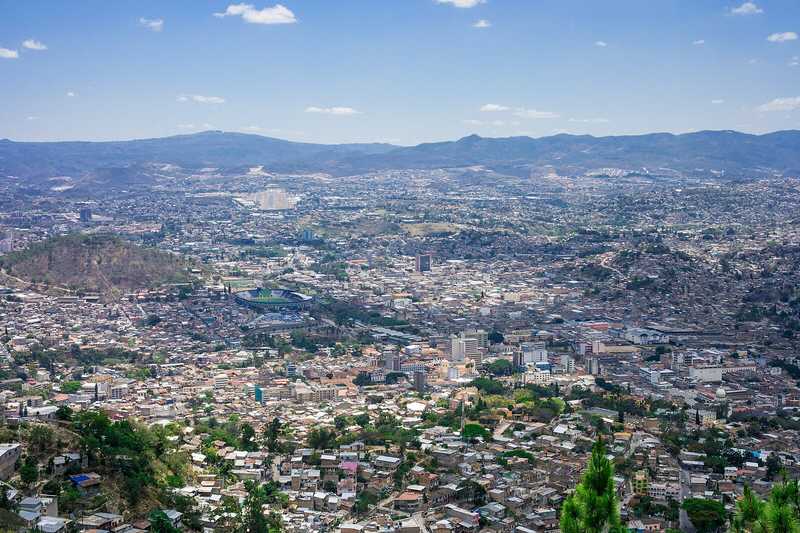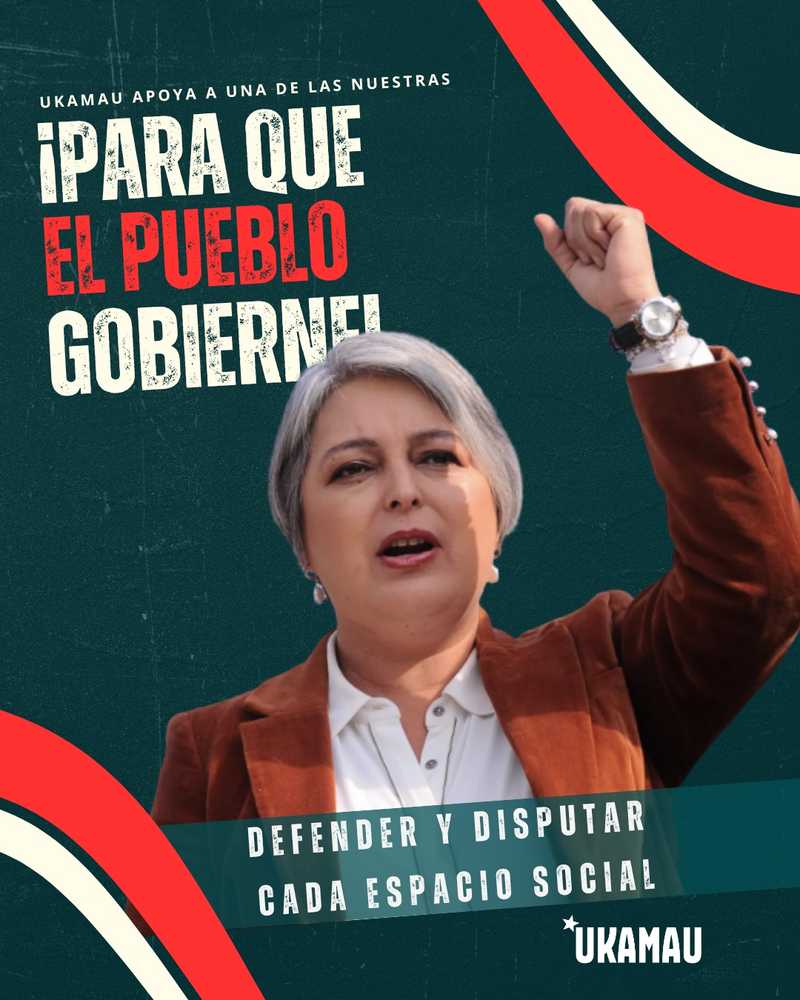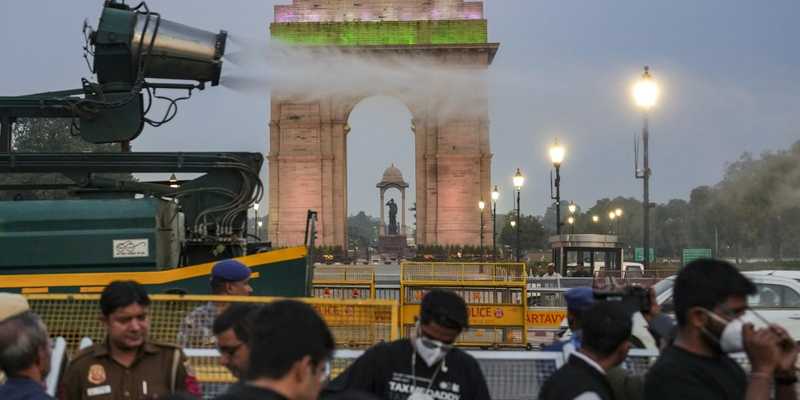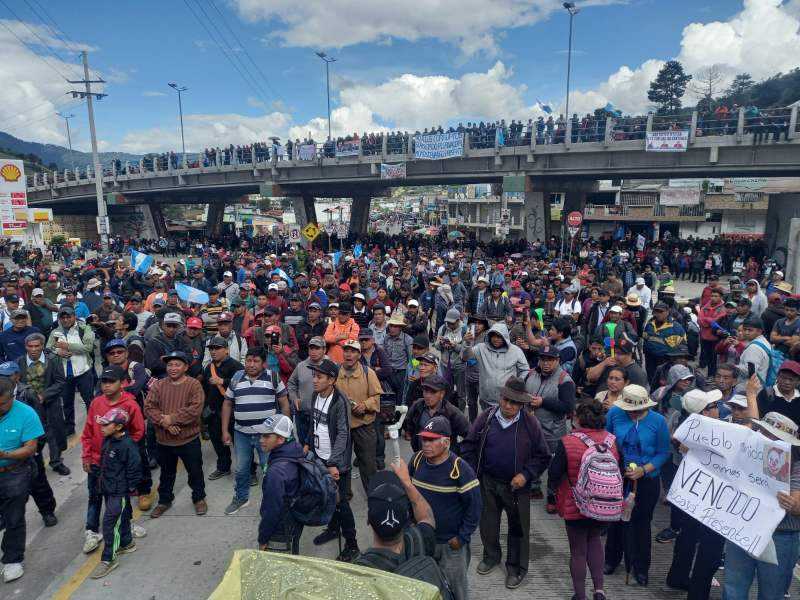
Blockades in the northwest of the country
Indigenous communities grouped in the 48 cantons of Totonicapán were the first to call for the mobilisation which now has nearly 30 roads blocked in areas such as Quiché, Quetzaltenango, Totonicapán, Santa Rosa, Petén, Huehuetenango, Alta Verapaz, Chimaltenango and the capital.
They are demanding the resignation of Attorney General Consuelo Porras: "Let her resign, we were standing here and we told her clearly, we don't want to paralyse the country, but if necessary, we are going to do it", said Luis Pacheco, president of the 48 cantons, adding: "We invite the entire population of Guatemala to join this movement, we are not only the indigenous peoples".
The demonstrations have been joined by the vast majority of Guatemalan society, including teachers and workers in the main cities. Transport workers have joined in the urban area of Quetzaltenango and there is a group of demonstrators camped out at the headquarters of the public prosecutor's office in the capital.
Despite heavy police deployment, the demonstrations have remained calm. However, at kilometre 167 of the Inter-American Highway, a group of demonstrators was shot at, leaving one person dead and four seriously injured. The attack was carried out by individuals in civilian clothes wearing balaclavas.
Attempt at a coup d'état
After Bernardo Arévalo, of Movimiento Semilla, won last August's elections with 2.5 million votes in the second round, a plan has been launched to prevent the president-elect from taking office in the Central American country.
President-elect Bernardo Arévalo, who was in Mexico for a meeting of the Puebla Group, had to suspend his schedule abroad and return to the country. He said: "Attorney General Consuelo Porras, with the backing of prosecutor Rafael Curruchiche and judge Orellana, are carrying out a coup d'état" as he called on the people to mobilise peacefully.
The coup attempts have come from state agents such as Attorney General Consuelo Porras, Rafael Curruchiche of the Special Prosecutor's Office against Impunity (FECI), Judge Freddy Orellana and other members of the Public Prosecutor's Office. These individuals have been involved in corruption scandals in the past.
On 12 July, Judge Freddy Orellana suspended the legal status of Movimiento Semilla, which the demonstrators claim is illegal, as this action is the sole responsibility of the Supreme Electoral Tribunal.
The current president, Alejandro Giammattei, who is close to the coup supporters, rejected the demonstrations. The country's Supreme Court of Justice recently denied a provisional injunction to stop the actions of the Attorney General's Office.
Support for Arevalo
Nonetheless, Arévalo's recent election has the backing of Volker Turk of the United Nations, the OAS and the US State Department itself.
He also has the backing of Guatemalan business sectors such as the Chamber of Commerce, the National Business Council, the Coordinating Committee of Agricultural, Commercial, Industrial and Financial Associations. The Guatemalan Episcopal Conference also rejected the seizure of the electoral records by the Attorney General's Office.
In Colombia, President Gustavo Petro had already warned about this situation and called on other countries in the region to close ranks against coup attempts: "A coup d'état is being prepared in Guatemala. All democratic governments of the Americas and the world must be ready to respond".
